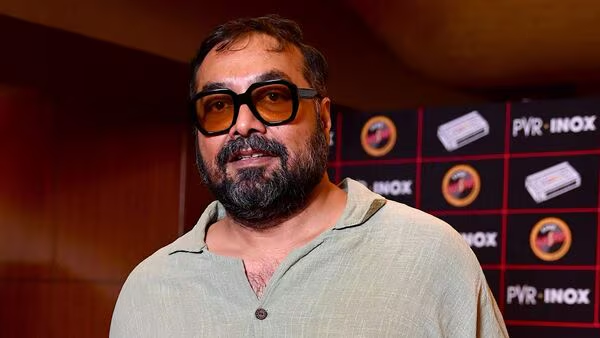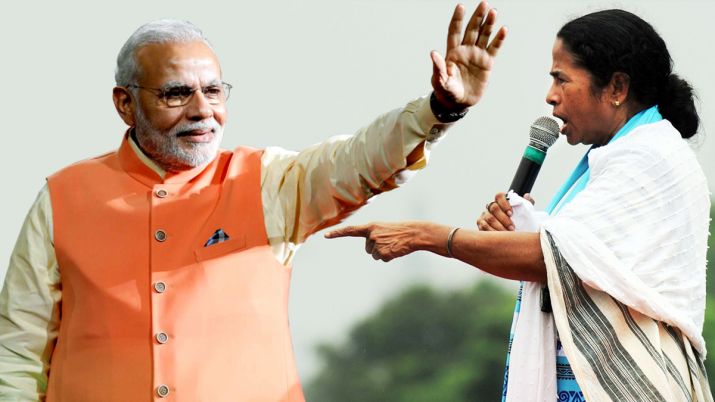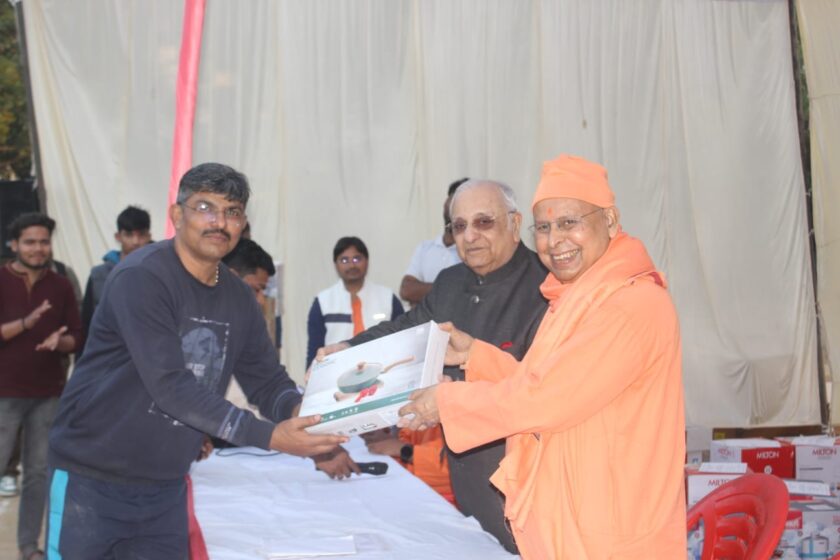Mumbai: Anurag Kashyap’s recent apology to the Brahmin community for his “abusive language” marks a significant turn in a controversy that threatened to escalate. The filmmaker, known for his outspoken nature, claims his outburst was an angry deviation triggered by a “cheesy remark,” leading him to make a derogatory statement “about the entire community.” While he acknowledges the hurt caused, the context surrounding his initial remarks and the subsequent apology warrants careful consideration.
Kashyap’s initial anger stemmed from what he perceived as unwarranted objections from the Brahmin community against the release of the film “Phule” and the censorship hurdles faced by caste-based films like “Santosh” and “Dhadak 2.” His frustration with these issues is understandable, given the importance of artistic freedom and the need to address social realities through cinema. However, resorting to broad generalizations and “derogatory words” against an entire community undeniably undermined his intended message.
His apology, posted on Instagram, expresses remorse for hurting his family, friends, and “many intellectuals” he respects within the Brahmin community. He admits that his “anger and speech hurt” them and pledges to control his rage in the future, promising to use “correct words” if he chooses to speak on the matter again. This acknowledgment of wrongdoing and commitment to better communication is a welcome step.
However, the timeline of events adds a layer of complexity. Just days prior to this apology, Kashyap claimed his initial remarks were “taken out of context” and alleged that he and his family were receiving “rape and death threats” as a result. While vehemently condemning these threats, he initially offered a seemingly sarcastic “apology if you want one,” suggesting a lack of genuine remorse at that point.

This raises the question of whether the current, more contrite apology is a genuine expression of regret or a strategic move to mitigate the backlash and potential legal ramifications. While it’s crucial to acknowledge the threats he and his family reportedly faced, it’s equally important to scrutinize whether the apology truly addresses the hurt caused by his sweeping generalizations.
Ultimately, the sincerity of Kashyap’s apology will be judged by his future conduct and his engagement with the issues he initially raised, hopefully with more measured and inclusive language. While an apology is a necessary first step towards reconciliation, true healing and understanding require sustained dialogue and a commitment to respectful discourse, even when addressing contentious social issues. The incident serves as a potent reminder of the responsibility that comes with public platforms and the potential for even well-intentioned anger to cause unintended harm.









